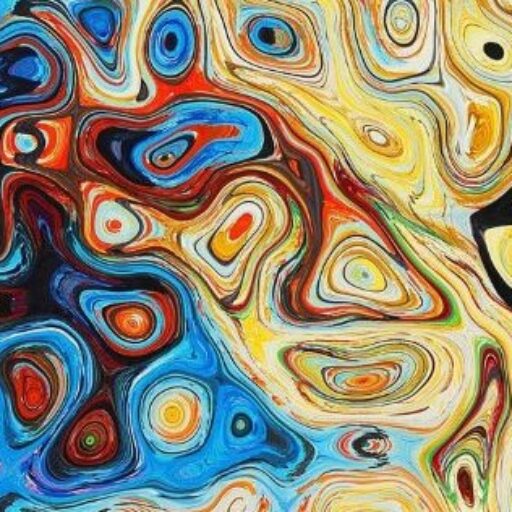Why does believing in God create comfort in us? One type of potential violation is conflict between a person’s experiences of suffering and a person’s deeply held beliefs about God as loving, powerful, and just.[1] God gives us hope that we will be free from suffering forever, someday. It is reassuring in knowing the love of God takes away all pain. There would not be any reason for people to push past pain without believing in a higher spiritual state of mind. Having a deity or spiritual awareness is worth striving for, which gives us better understanding of ourselves.
The assumption that scientific knowledge would bring an end to religious belief has challenged many scholars, particularly since such a belief persists even among those devoted to scientific activities.[2] Often, we see conflict between science and religion, and as we know in sciences, answers are provided by evidence and experiment for validation. Religious faith is belief in a higher power greater than us, which we cannot perceive with our five senses.
Believing in God is a choice, but there is a Birmingham, Alabama mail columnist named Talha Ghannam who says, ‘Choosing to disbelieve in God is a thoughtless gamble’ and the result that can happen if God does or does not exist.[3] In other words, it is better to believe in God for hope in an eternal bliss instead of not believing in God and a risk for going into eternal damnation. Though, eternal damnation is a fire and brimstone religious, mostly Christian, belief which those of faiths, such as Buddhism, that does not believe in eternal damnation or hell. Of course, a family member has the right in saying a convicted murderer is going to hell for killing one of their family members. It is justice, but we do not know what happens to that convicted murderer after death if sentenced to execution for that crime.
There is also the case of Timothy McVeigh, accused of the Oklahoma City bombing in 1995, who gave his life to God after sentence but before his execution for the death penalty. Can we honestly say he went to hell or eternal damnation for that crime? No, but the families of the victims have all the rights to believe he did. We say we forgive with words but usually do not forgive in our minds.
I know growing up Catholic, that the only way to absolve sins was going to a priest and confessing through the sacrament of Penance. Protestant religions, on the other hand, believe they can confess privately to God through prayer and absolve themselves of sins. Therefore, I learned over time any form of Christianity is close-minded and limited in beliefs. Though, with my new life experiences, open-mindedness, and gained knowledge and intelligence, I still believe in God and Christ-consciousness inside of each of us that must come through our personality and disposition.
From the newspaper, Daily Telegraph, morning people tend to be more religious and have a greater belief in God than their more nocturnal counterparts, a study has discovered.[4] I know since I have been getting up early, I do often pray or reflect on being thankful for everything in my life. It has often noted that gurus, priests, shamans, etc. are awake between 3:00 am and 4:00 am, which is considered either dawn or the witching hour, depending on what you believe. I did notice when working outside as a security guard in the warmer weather during that hour walking my rounds, the birds were already chirping during that time but not before.
Another thought about God, which may counteract what others believe is that God is in our mind, and not a father figure sitting on a throne ruling over us. Our personality can also be Christlike, sometimes, but remain human when we get back into a hedonistic or worldly thought. I know I fail often in trying to maintain any form of divinity within myself.
[1] Park, Crystal L., et al. “When suffering contradicts belief: measuring theodical struggling.” Current Psychology, vol. 43, no. 6, 2024, pp. 4961-4973. ProQuest; eLibrary, https://explore.proquest.com/elibrary/document/2973341830?accountid=41449, doi:http://dx.doi.org/10.1007/s12144-023-04642-w.
[2] Falcao, Eliane B. M. “Religious Beliefs: Their Dynamics in Two Groups of Life Scientists.” International Journal of Science Education, vol. 30, no. 9, 2008, pp. 1249-1264. ProQuest, https://www.proquest.com/scholarly-journals/religious-beliefs-their-dynamics-two-groups-life/docview/61989774/se-2.
[3] “You cannot force a belief, God will know.” Birmingham Mail, 24 Mar. 2023, pp. 24. ProQuest; eLibrary, https://explore.proquest.com/elibrary/document/2789893689?accountid=41449.
[4] “Morning people have more of a belief in God.” The Daily Telegraph, 25 May 2023, pp. 2. ProQuest; eLibrary, https://explore.proquest.com/elibrary/document/2818564632?accountid=41449.



0 Comments